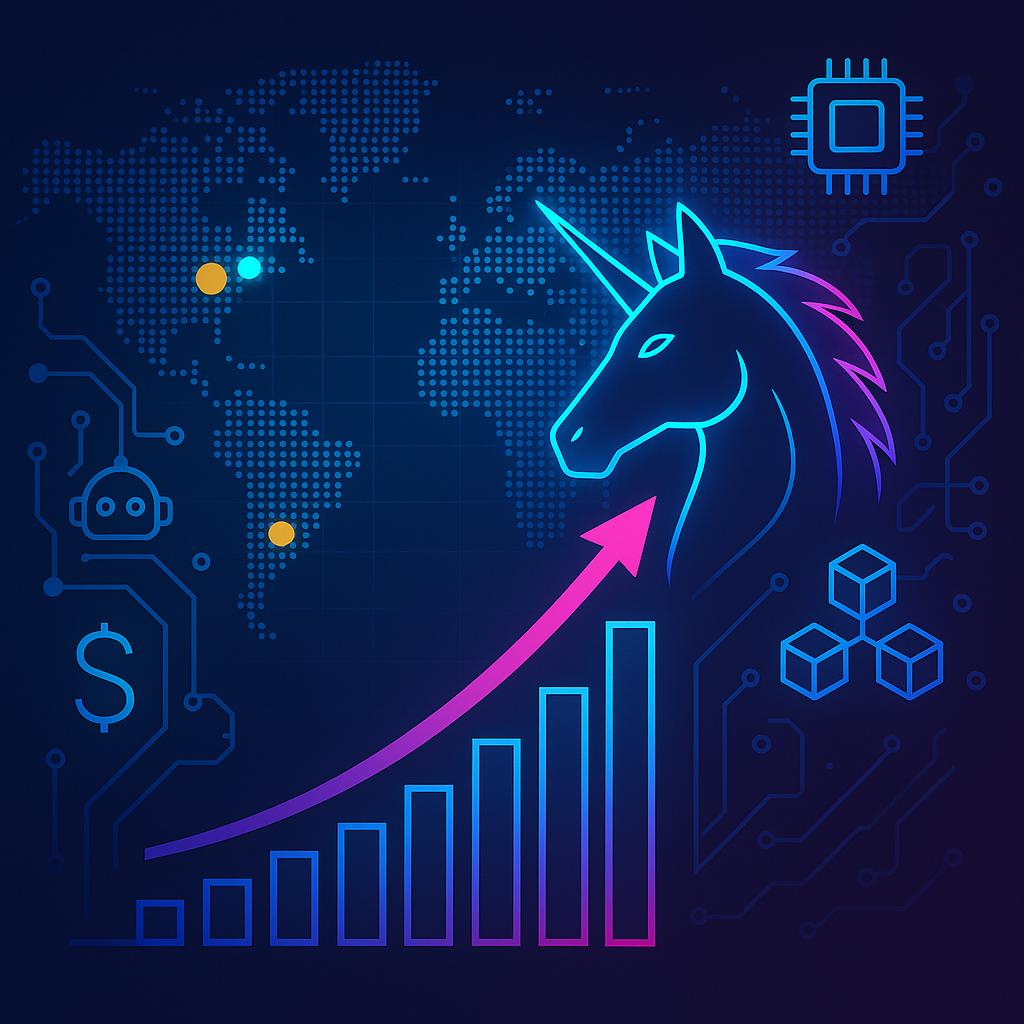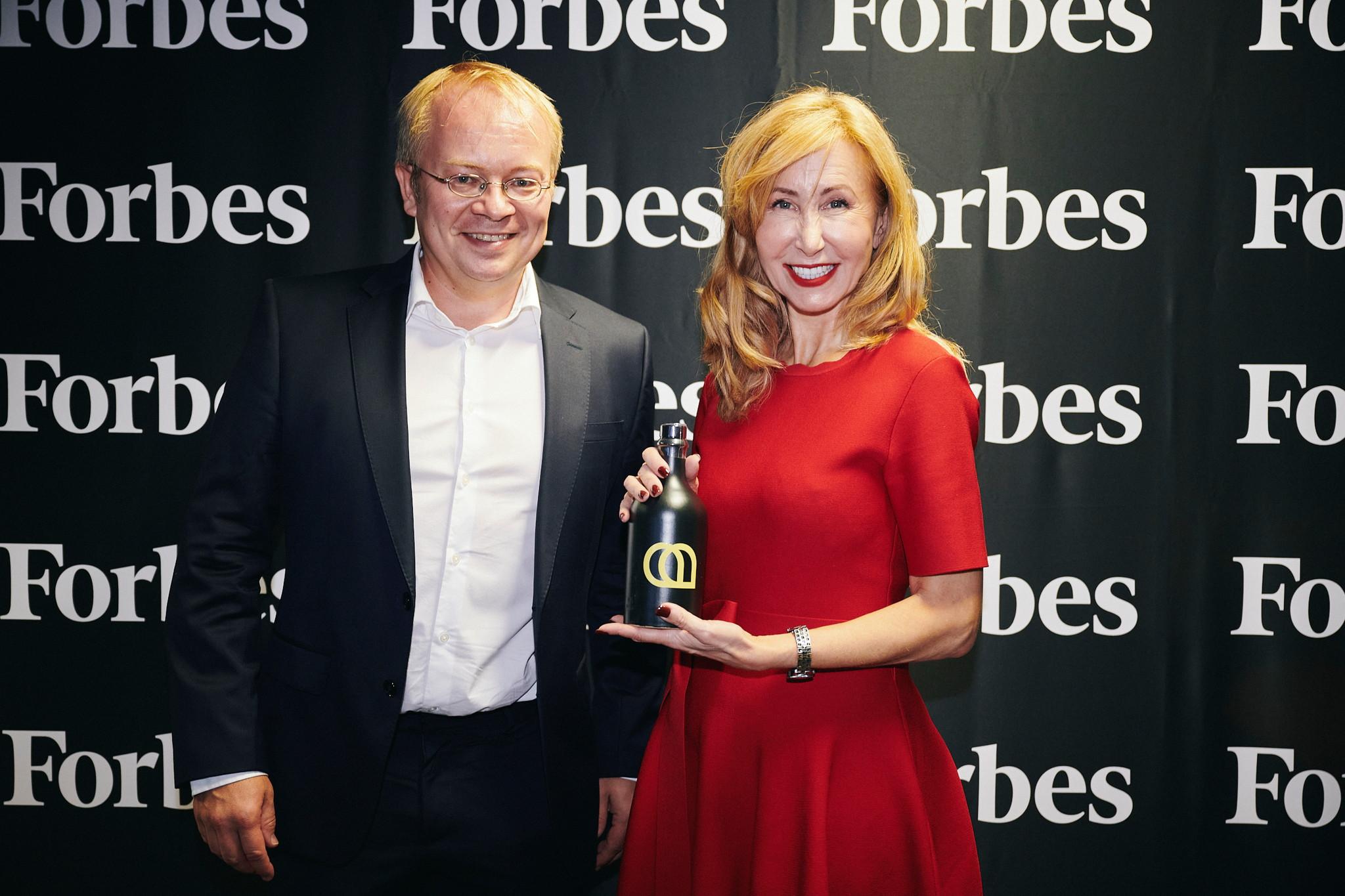
June Hits 3-Year High In Unicorn Births Across AI, Robotics And More
June witnessed a remarkable surge in unicorn creation, with 20 companies ascending to the prestigious status of billion-dollar valuations, according to Crunchbase data. This marked the highest number of unicorn births in a single month since July 2022, when the venture funding environment took a significant downturn. The month represented a transformative period for the technology investment landscape, showcasing innovation across multiple sectors and geographic regions.
Leading the Innovation Charge
Spearheading this unicorn stampede was Thinking Machines Lab, an AI research powerhouse based in San Francisco, which captivated the market by securing a record-breaking $2 billion seed round at an astounding $12 billion valuation. This audacious achievement, led by Andreessen Horowitz, transformed the less than one-year-old company into a behemoth overnight, demonstrating investors' unwavering faith in AI's transformative potential.
The artificial intelligence sector dominated the unicorn landscape with several notable entries. Decagon emerged as a standout, enhancing customer experiences through conversational AI and attracting $131 million in Series C funding. This reflects how indispensable AI has become across various industries. Similarly, Seekr focuses on applying GenAI for corporate and governmental use, while Fireflies.ai enhances productivity with its AI meeting assistant, already utilized by employees at 75% of Fortune 500 companies.
Robotics Revolution
The robotics sector experienced equally impressive growth, with companies like Unitree Robotics from Hangzhou, China, making significant strides. The company develops innovative humanoid and quadrupedal robots for industrial and consumer markets, recently raising $97 million in Series C funding. Such advancements exemplify robotics' potential to automate diverse tasks, from industrial operations to household applications.
Pittsburgh-based Gecko Robotics, focusing on AI-inspection services across defense and manufacturing industries, secured $125 million in Series D funding, emphasizing the growing reliance on robotics for precision and efficiency. Meanwhile, Galaxy Bot is revolutionizing retail with humanoid robots facilitating inventory management and packaging processes, highlighting the seamless integration of robotics into everyday business applications.
Global Distribution of Innovation
The birth of these unicorns wasn't confined to any single corner of the globe, illustrating a worldwide symphony of technological advancement. The United States dominated the landscape, contributing 11 companies to the unicorn roster, maintaining its position as the global innovation leader. China contributed four unicorns, demonstrating its continued strength in technology development.
Israel, India, UAE, and Switzerland each contributed one unicorn to the global tally. Most notably, New Zealand achieved a historic milestone with its first-ever unicorn, Halter, which brings smart collar technology to traditional agriculture industries. This cosmopolitan spread illustrates the wide-ranging appeal and adaptation of transformative technologies worldwide.
Sector Diversification
Beyond AI and robotics, June's unicorn births spanned numerous sectors, including financial services, developer tools, Web3, software, healthcare, sports, defense technology, network services, e-commerce, and devices. This diversification demonstrates the broad-based nature of current technological innovation and investment activity.
In financial services, companies like Kalshi and Juniper Square are redefining financial trades and fund administration. Whether it's Zama weaving cryptographic solutions for blockchain applications or The Open Platform integrating seamlessly into digital communication realms like Telegram, sectors are experiencing transformative disruptions. In healthcare, United Imaging Intelligence stands ready to reimagine medical diagnostics through advanced AI technologies.
Notable Market Exits
The excitement extended beyond new unicorn births to significant market exits and acquisitions. Six unicorn companies went public during this period, creating pathways for investor returns. A standout among these exits was neobank Chime, which launched its IPO with a valuation of $9.8 billion. This grand entrance was accompanied by other firms like Circle, known for pioneering stablecoin services, Caris Life Sciences focused on precision medicine, and Omada Health advancing behavioral health solutions.
International activity included China's Unisound, a trailblazer in voice AI technology, and Caocao Chuxing, a dynamic player in vehicle sharing services. Additionally, two unicorns were acquired: Melio, an SMB accounts payable service, was acquired by New Zealand's Xero, while Movable Ink found a new home under Symphony Technology Group.
Investment Implications
These stories of burgeoning unicorns across diverse sectors paint an exciting picture of innovation and market potential. As these companies venture into uncharted territories, they represent not just new market players but trailblazers reshaping their respective fields with groundbreaking technologies. For investors, this surge means potential high returns and the opportunity to back industries that are defining the future of technology and business.
The wave of unicorn births, exits, and acquisitions serves as a clarion call to investors, highlighting disruptive technologies poised to redefine entire industries. As these companies transition from private unicorns to publicly traded entities or integrate into larger conglomerates, the investment landscape continues evolving, offering new opportunities for those prepared to embrace technological transformation.







